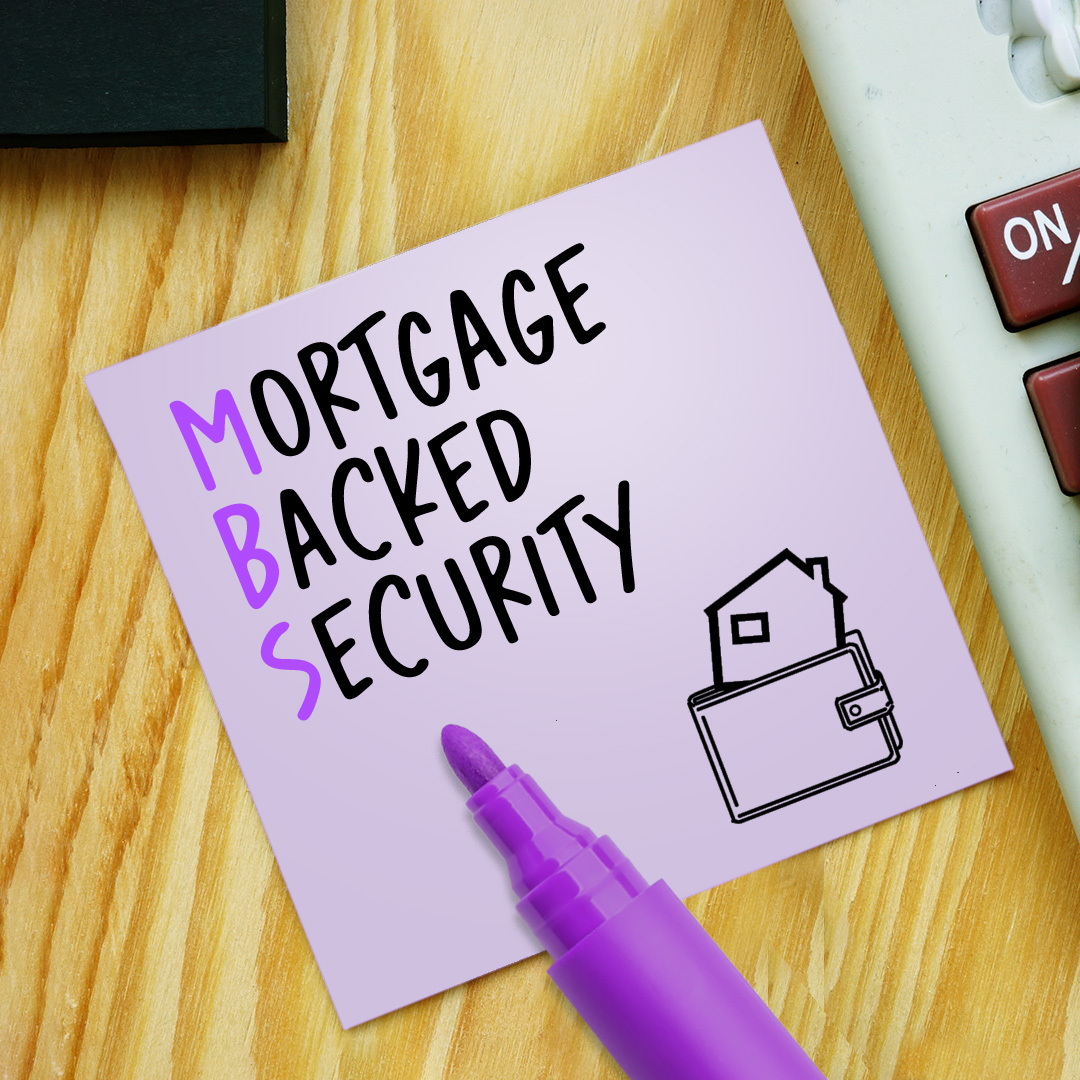When does it make sense for you to refinance? Hint: low rates are not the only factor to consider.
In the last five years, you have seen rates go low and then dip even more, to notable, historically low ones. Maybe that historically low rate (under 3% – hello!) was what helped you get into your home to begin with, and now it’s time to stop, look around, and reevaluate your situation. Even if your current rate is historically low, you might not be in the best mortgage situation for you.
There are other factors aside from rate to consider when deciding whether or not to refinance. Here are a few you might want to think about (and a helpful video on the topic).
Do you have PMI?
Dropping private mortgage insurance (PMI) from your monthly mortgage cost could make a significant difference in your monthly payment, even if that means you’re refinancing at a higher rate. We’ll show you the breakdown in the example below when we pair it with a changed loan term.
Can you change the loan term?
The height of the pandemic was rough for everyone – and maybe now, your earning power is significantly greater than it was just a couple years ago. If you’re interested in reducing your mortgage term from a 30-year to a 15-year, refinancing to make this happen may be in your best interest. You’ll obviously pay off your home quicker, and if you’re able to manage that, you’ll pay less interest in the long run – even with a higher rate.
Consider this: You have a $300,000 home with an APR of 3.177%, a mortgage rate of 3% and a 30-year term, but you can opt for a 15-year term with an APR of 5.857% and a 5.5% rate. You’ve already done the work of building enough equity in your home to drop PMI when you refinance. (And if you’re unsure how much equity you have, just reach out to your Homespire Loan Officer. They’ll be happy to help!)
In a snapshot:
- With the 30-year mortgage, you’ll pay $152,225 in interest: Monthly payment = $1,239.52
- With the 15-year mortgage, and 20% equity built, you’ll pay $112,980 in interest: Monthly payment = $1,961
Your first mortgage:
$300k mortgage
3% down
1% PMI
30-year term
Interest rate of 3%
APR of 3.177%
With this mortgage, your monthly payment is: $1,239.52.
Your refinance:
$300k mortgage
20% equity (so refi with $240,000 loan amount)
No PMI
15-year term
Interest rate of 5.5%
APR of 5.857
With this mortgage, your monthly payment is: $1,961 ($696.19 more per month than before).
If you can afford the higher monthly payment, you’re saving a difference of nearly $39,245 in interest!
When you refinance, the rate may be higher, but since you’ve built up equity in your home, your earning power has also increased, and so has your credit score. That could give you the option to refi to a 15-year mortgage, instead of remaining in your 30-year mortgage. In the example above, you save about $39k, and the savings continues after the mortgage is paid in full, because then there’s no monthly mortgage payment to be made. You’re a free and clear homeowner!
Has your credit score gone up?
A higher credit score will always work in your favor when it comes to getting the best available home mortgage rate. What you need to consider is the following:
- What will your new mortgage rate be?
- How long will it take you to recoup the costs of refinancing?
- During what month will you reach the point when you begin to save?
- Will refinancing affect your credit score, and if so, for how long?
Do you need a lower monthly payment?
This option may not shorten the term of your mortgage, but it will keep more money in your pocket each month after the mortgage is due. Refinancing to get a lower monthly payment can mean that the length of your mortgage is extended (perhaps you’re moving from a 15-year to a 30-year fixed loan), but it could also mean that you have the cash in-hand now to afford other important things in your life. Sending a kid or relative to college, maybe? Getting a new vehicle that will help your business thrive? Paying for a once-in-a lifetime event? It really depends on your personal situation, and refinancing to make these goals happen could be the best option over higher-interest credit card debt or personal loans.
How so, you ask?
Consider that the average interest rate of a credit card is 16.17% if you have a prime mortgage score, 670-739 (according to Federal Reserve Data); personal loan rates are hovering between 10-13% (or skyrocket to 36% if you have a low credit score, according to Forbes Advisor), and mortgage refinance rates remain around 5.5%. There’s no denying that 5.5% doesn’t look too bad in comparison.
The bottom line
There are so many ins and outs to refinancing, how the heck are you supposed to know if it makes sense for you?! You’re not a human calculator, dang it! That’s where you can rely on your mortgage loan officer to guide you, shop loan products and rates for you, and help you make the best possible financial decision for your current situation. And all that advice and guidance is free. If you’re interested in talking about refinance options, Homespire can help.
This is not an offer for a loan or any type of extension. Eligibility for a loan or extension of credit from Homespire Mortgage Corporation is subject to completion of a loan application, credit, income, and employment qualification, and meeting established underwriting criteria. Rates are subject to change without notice based on market conditions. See Loan Consultant for information on program income limits, buyer contribution, area median income, debt requirements, and other application details.
By refinancing your existing loan, your total finances charges may be higher over the life of the loan.



